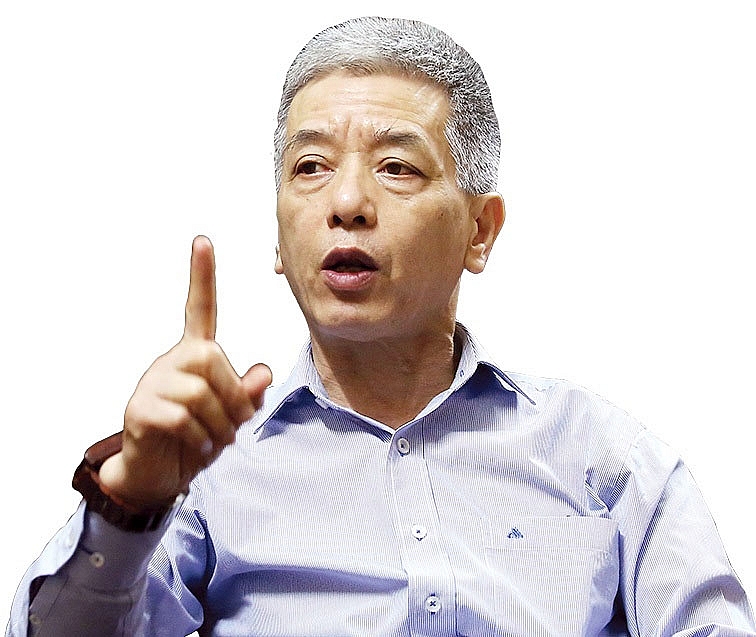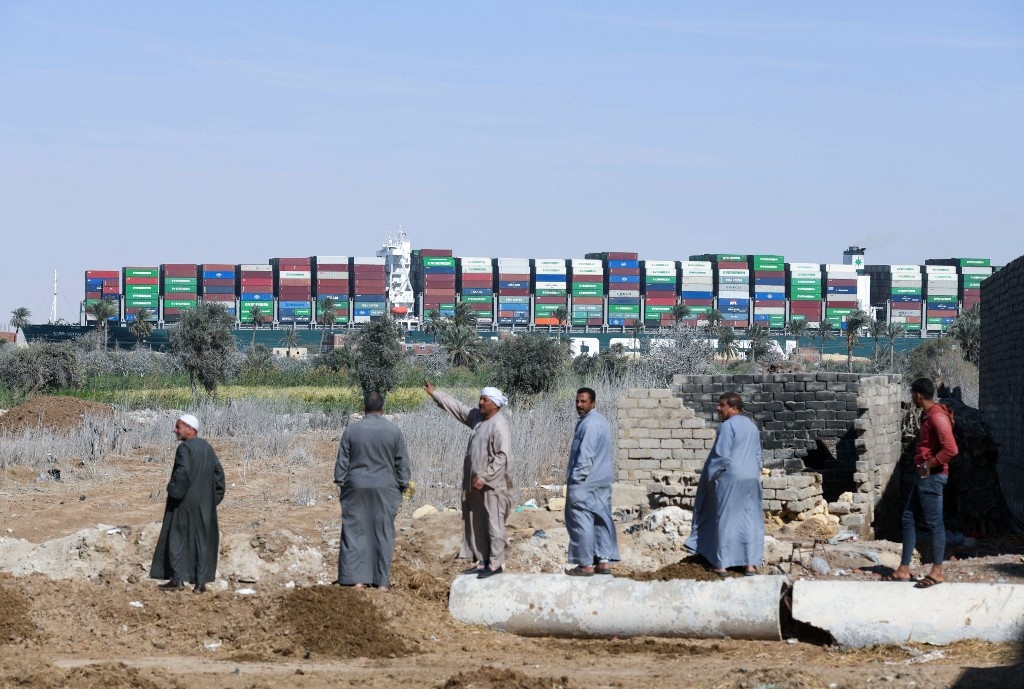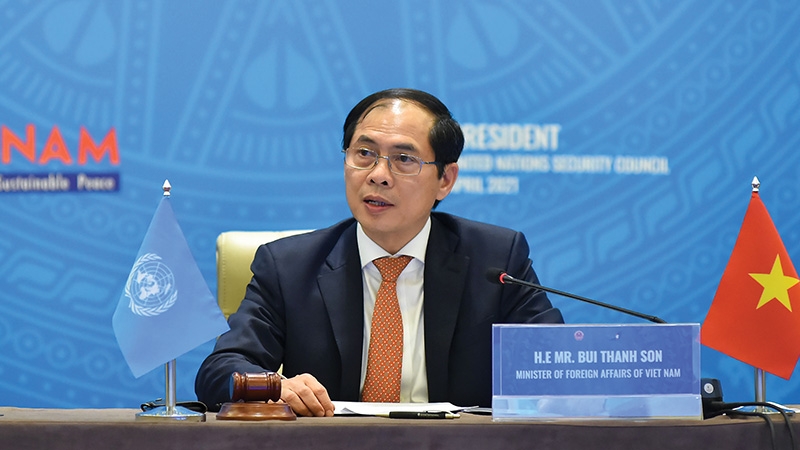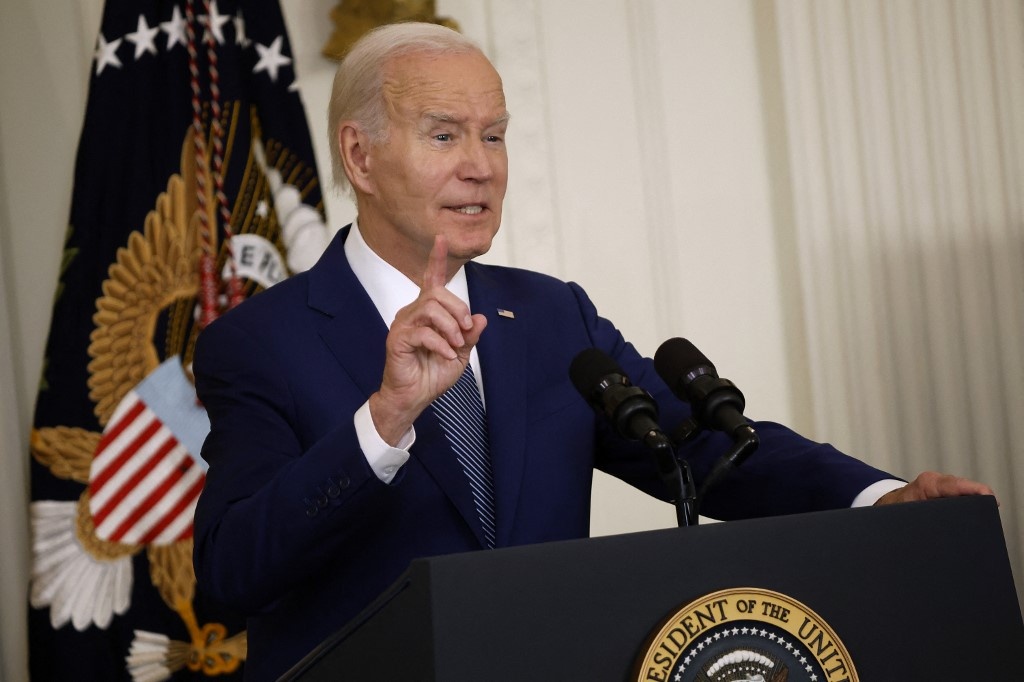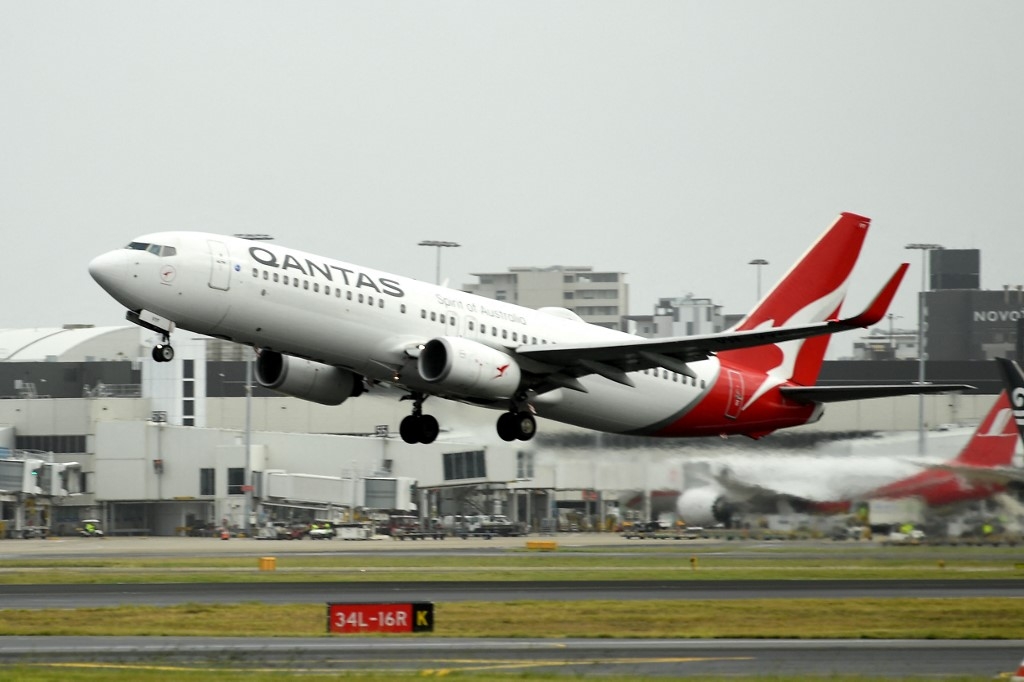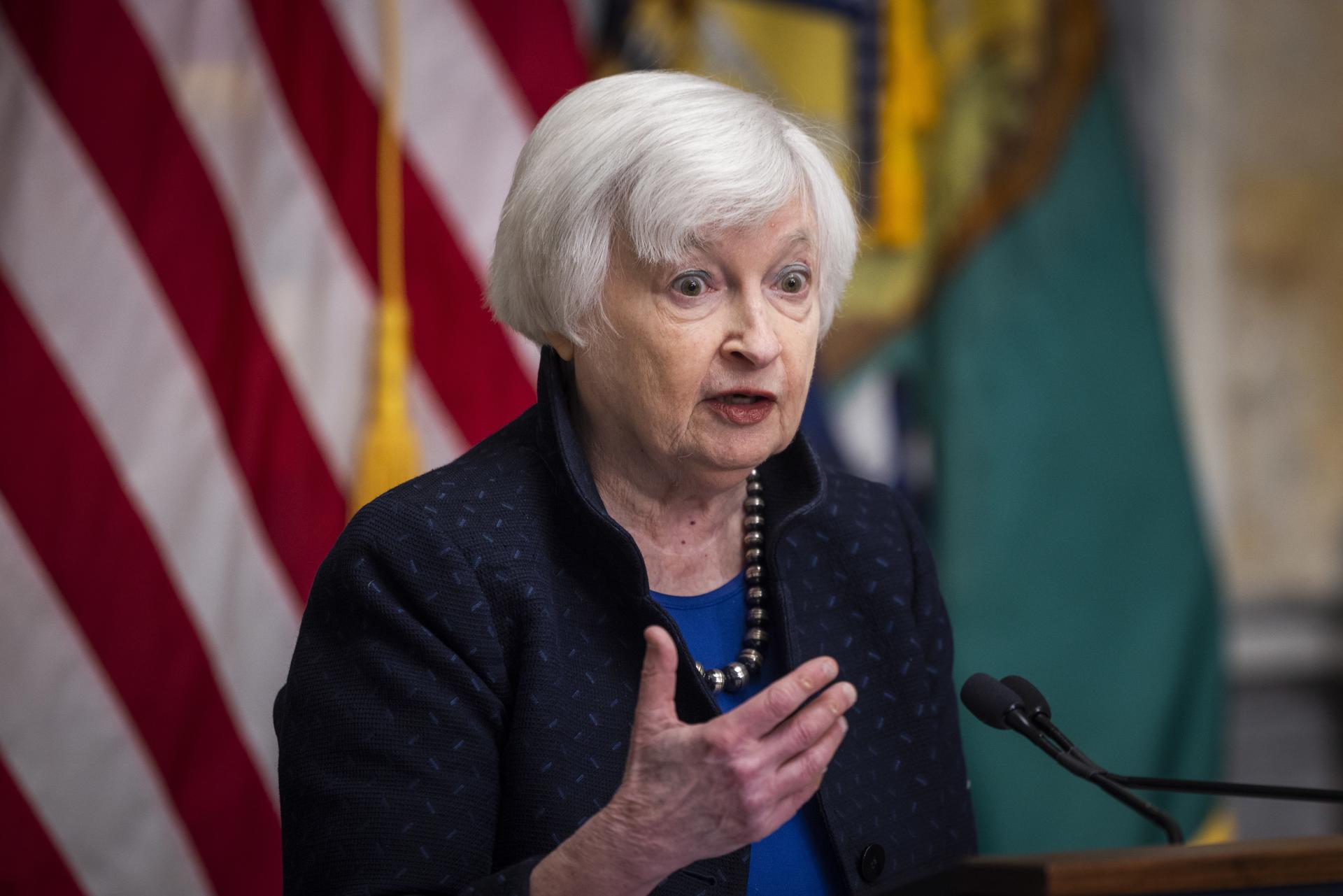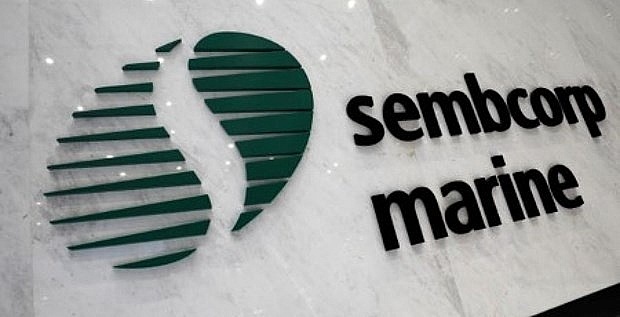Scandal-hit Greensill parent group enters liquidation
The demise of Greensill Capital Pty Ltd is the latest chapter in a saga that has ensnared Conservative politicians including ex-prime minister David Cameron.
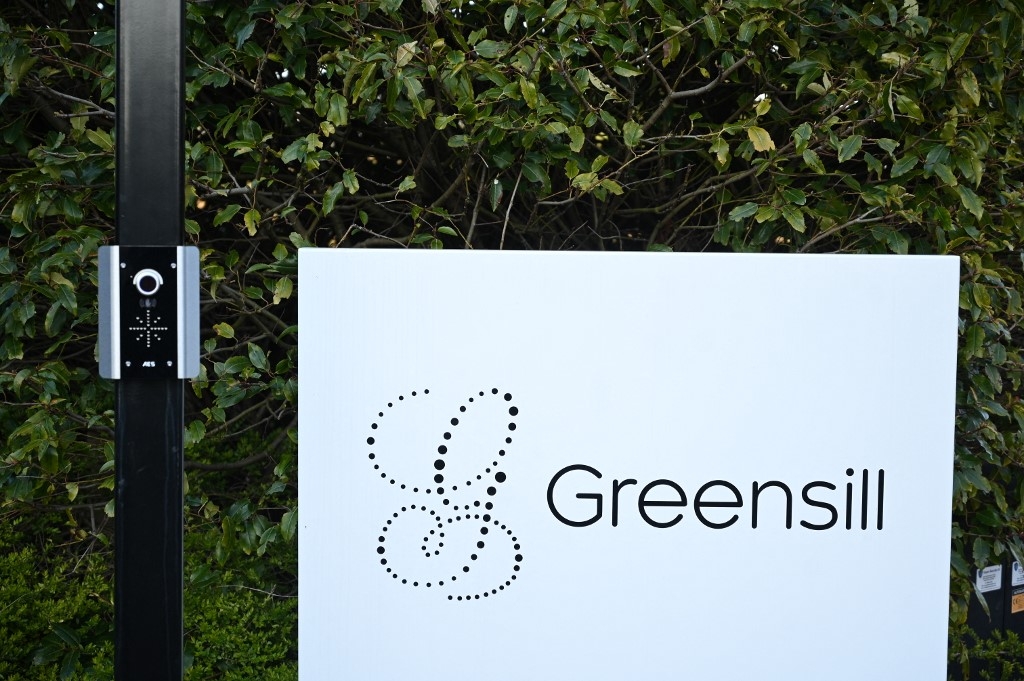
The company had filed for bankruptcy last month for its operations in Britain, and also in Australia where its parent group is based and Germany where it has a banking arm.
Greensill's implosion threatens about 50,000 jobs at companies that relied on its supply chain financing, including the steel empire of Indian-British billionaire Sanjeev Gupta.
Greensill Capital Pty Ltd, which is the parent company of the Global Greensill Group, had provided head office support and sourced funding for the finance giant's operations.
Creditors including Credit Suisse, Japan's SoftBank and the Association of German Banks met online early Thursday and "resolved to place the company into liquidation", according to a statement from administrators Grant Thornton.
The administrator provided an overview of the company to its 41 creditors and their representatives, who then voted in favour of liquidation.
Administrators will now wind down activities and attempt to sell off chunks of the business, which was founded in 2011 by Australian Lex Greensill.
"As of today, the company is now in liquidation," Grant Thornton added in the statement.
"The liquidators will continue to identify and realise available assets, monitor developments in relation to the administrations of Greensill UK and the Greensill Bank AG, and continue their investigations in relation to Greensill Capital Pty Limited in liquidation."
- Cameron in firing line -
The controversial company specialised in short-term corporate loans via a complex business model that ultimately sparked its declaration of insolvency.
Lex Greensill had obtained inside access to the Downing Street machine of then-premier Cameron, on the promise of helping to provide the government with the latest thinking on financial technology.
Cameron was forced to step down following Britain's Brexit referendum in 2016, and two years later became an adviser to Greensill Capital, amassing share options that were potentially worth millions.
This year, he privately lobbied senior officials including finance minister Rishi Sunak for government support before the firm's business model of supplying interim finance to companies imploded, rendering his share options worthless.
Cameron is most directly in the firing line because of his personal and undeclared lobbying, but denies any impropriety.
The Greensill scandal now faces heightened scrutiny in Britain, where the government already faces cronyism allegations over key contracts linked to its Covid-19 response.
Parliament's Treasury Committee has launched an inquiry into Greensill's collapse, with appearances widely expected from Cameron, Sunak, and Lex Greensill.
Greensill faces a string of other inquiries in Britain, with the National Audit Office also probing the firm's involvement in Covid-19 support schemes and state monitoring of its activities.
Labour leader Keir Starmer slammed Prime Minister Boris Johnson on Wednesday over government "sleaze" involving preferential access given to both Greensill and pro-Brexit billionaire entrepreneur James Dyson.



